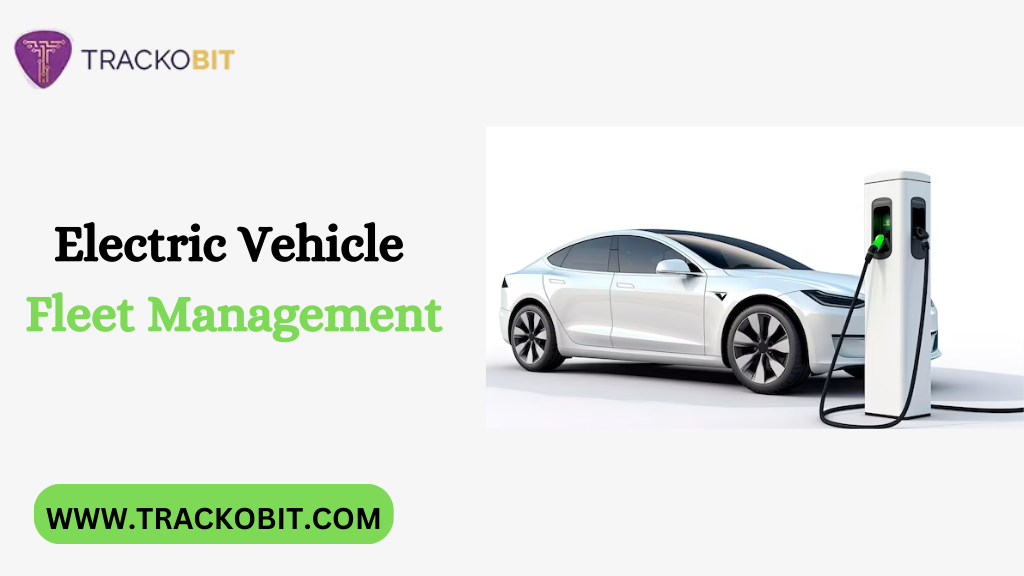
Introduction
Electric vehicle (EV) fleet management has become a crucial topic in today’s automotive industry. With rising concerns about the environment, the transition to electric vehicles is inevitable. This article explores the significance of electric vehicle fleet management, its benefits, and how it can contribute to a more sustainable future.
Table of Contents
|
Sr# |
Headings |
|
1 |
What is Electric Vehicle (EV) Fleet Management? |
|
2 |
Why is EV Fleet Management Important? |
|
3 |
The Benefits of Electric Vehicle Fleet Management |
|
4 |
Challenges in Implementing EV Fleet Management |
|
5 |
Strategies for Effective EV Fleet Management |
|
6 |
The Role of Technology in EV Fleet Management |
|
7 |
Cost Considerations and ROI of EV Fleet Management |
|
8 |
Case Studies of Successful EV Fleet Management |
|
9 |
The Future of Electric Vehicle Fleet Management |
|
10 |
FAQs: Frequently Asked Questions About EV Fleet Management |
1. What is Electric Vehicle (EV) Fleet Management?
Electric Vehicle (EV) Fleet Management refers to the process of overseeing and controlling the entire fleet of electric vehicles owned or used by a company or organization. It includes various tasks such as route planning, charging station management, vehicle maintenance, and overall fleet optimization.
2. Why is EV Fleet Management Important?
EV fleet management is essential for several reasons. First and foremost, it helps in reducing carbon emissions and promoting sustainability. EVs are known for their zero tailpipe emissions, and a well-managed fleet can significantly contribute to environmental conservation.
3. The Benefits of Electric Vehicle Fleet Management
- Cost Savings: EVs have lower operating costs compared to traditional vehicles. With proper fleet management, companies can save on fuel and maintenance costs.
- Sustainability: As mentioned earlier, EVs help in reducing carbon emissions, making them a more sustainable choice.
- Efficiency: Fleet management systems can optimize routes, reduce idle time, and improve overall fleet performance.
- Improved Brand Image: Companies that operate electric vehicle fleets are often seen as more environmentally conscious, which can enhance their brand image.
4. Challenges in Implementing EV Fleet Management
Despite its numerous benefits, there are also challenges in implementing EV fleet management. Some of the common challenges include:
- Charging Infrastructure: The availability of charging stations can be a challenge, especially for companies with large fleets.
- Range Anxiety: Concerns about the driving range of EVs can deter some companies from adopting them.
- Initial Investment: The upfront cost of purchasing EVs and setting up charging infrastructure can be higher compared to traditional vehicles.
5. Strategies for Effective EV Fleet Management
To overcome these challenges, companies can implement various strategies:
- Charging Infrastructure Expansion: Investing in charging infrastructure can help address range anxiety and encourage more EV adoption.
- Incentives: Governments and local authorities can offer incentives and subsidies to companies that adopt EV fleets.
- Telematics Systems: Implementing telematics systems can help in tracking vehicle performance and improving overall fleet management.
6. The Role of Technology in EV Fleet Management
Technology plays a crucial role in EV fleet management. Various software solutions and telematics systems are available that can help in route optimization, monitoring vehicle performance, and managing charging stations.
7. Cost Considerations and ROI of EV Fleet Management
While there are initial costs involved in adopting EV fleets, the long-term benefits often outweigh them. Companies can achieve significant cost savings in fuel and maintenance expenses, leading to a positive return on investment (ROI).
8. Case Studies of Successful EV Fleet Management
Several companies have successfully implemented EV fleet management and have seen significant benefits. For example, Amazon and UPS have large fleets of electric delivery vehicles, which have helped them reduce operating costs and improve sustainability.
9. The Future of Electric Vehicle Fleet Management
As technology continues to advance and EV adoption increases, the future of electric vehicle fleet management looks promising. Companies that embrace this transition early on will be better positioned to reap the benefits.
FAQs: Frequently Asked Questions About EV Fleet Management
Q1. Are electric vehicles really better for the environment?
Yes, electric vehicles have zero tailpipe emissions, which makes them better for the environment compared to traditional vehicles.
Q2. How do EV fleets impact a company’s brand image?
Companies that operate electric vehicle fleets are often seen as more environmentally conscious, which can enhance their brand image.
Q3. What are some of the challenges in implementing EV fleet management?
Some of the common challenges include charging infrastructure availability, range anxiety, and the initial investment cost.
Q4. What are some strategies for effective EV fleet management?
Strategies include investing in charging infrastructure, offering incentives, and implementing telematics systems.
Q5. What is the role of technology in EV fleet management?
Technology, such as telematics systems, plays a crucial role in route optimization, monitoring vehicle performance, and managing charging stations.
In conclusion, electric vehicle fleet management is a sustainable and efficient solution for companies looking to reduce their carbon footprint and operating costs. With the right strategies and technology, companies can successfully transition to electric fleets and contribute to a more sustainable future.




